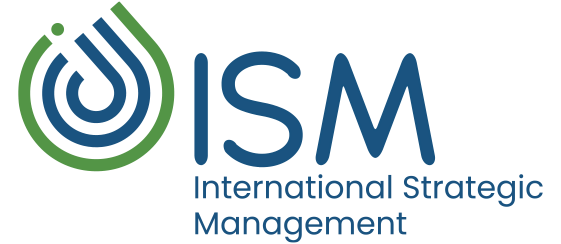From Refugee to Global Citizen and Diplomat Leader
Many of you don’t know the full story behind the work that I do, but only a few know how I got here. I share this today because our professionalism and personal lives always somewhat overlap.
Sign up to read this post
Join Now
 USA / English
USA / English عربى
عربى Pусский / Россия
Pусский / Россия